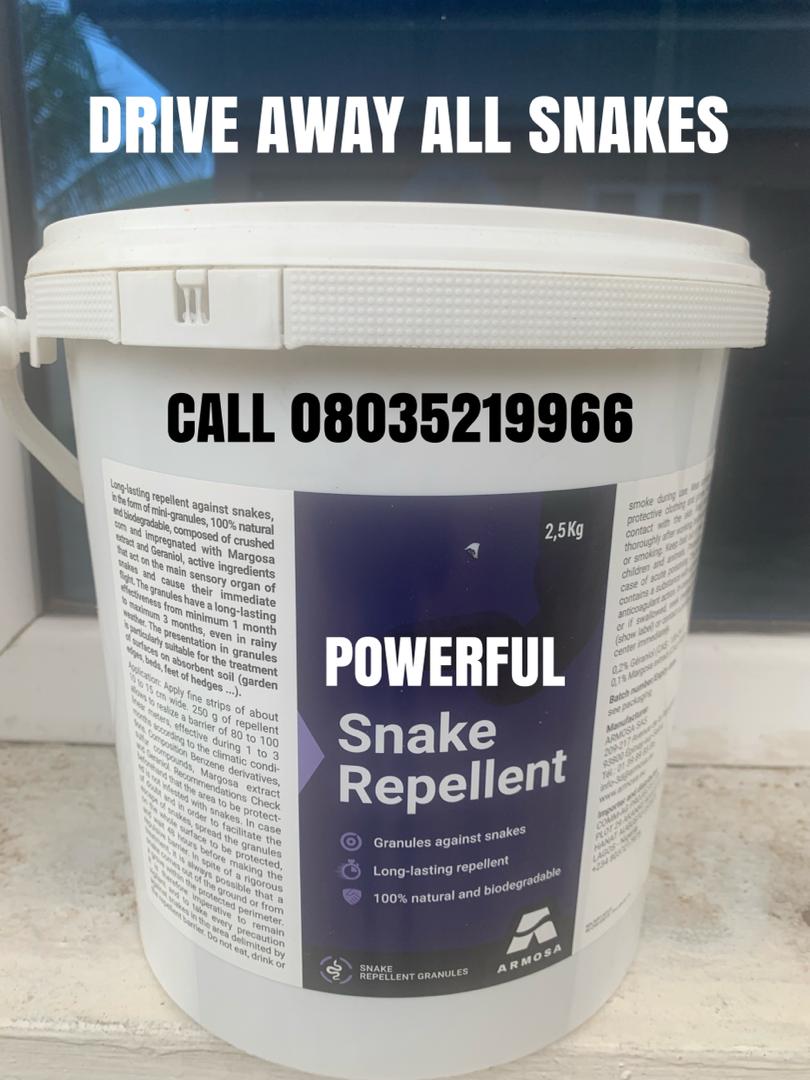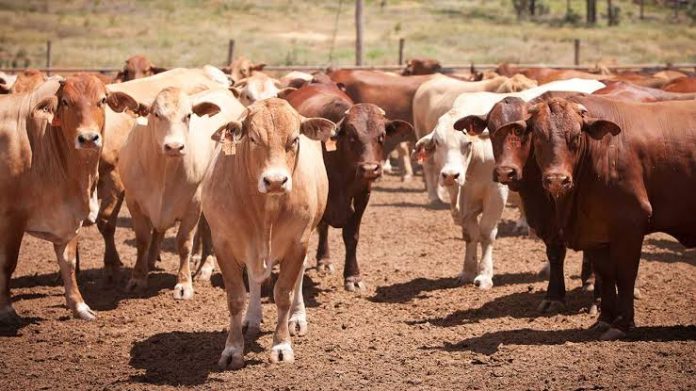21 functions of an effective ruminant farm manager
1. **Grazing Management:** Develop and implement effective grazing strategies to optimize forage utilization and support the health of ruminants.
 Learn More
Learn More2. **Nutritional Planning:** Formulate balanced diets considering the nutritional needs of different ruminant species and stages of production.
3. **Herd Health Monitoring:** Regularly inspect animals for signs of illness, administer vaccinations, and implement disease prevention measures.
4. **Reproduction Management:** Oversee breeding programs, including estrus synchronization, artificial insemination, and genetic improvement initiatives.
READ ALSO 10 ways to effectively handle endo-parasites in cattle
5. **Record Keeping:** Maintain detailed records of herd health, reproduction, and production parameters to inform decision-making and management practices.
6. **Facility Maintenance:** Inspect and maintain barns, feeding equipment, and other facilities to ensure a comfortable and safe environment for ruminants.
7. **Staff Training and Supervision:** Train and supervise farm staff to ensure proper handling of animals and adherence to established protocols.

8. **Breeds and Genetics:** Stay informed about different ruminant breeds, their characteristics, and genetic advancements to make informed breeding decisions.
9. **Budgeting and Financial Management:** Develop and manage budgets, control expenses, and analyze financial performance for profitability.
READ ALSO 10 ways to effectively handle endo-parasites in sheep and goats
10. **Market Analysis:** Monitor market trends, pricing, and demand for ruminant products to make strategic business decisions.
11. **Risk Management:** Identify and mitigate potential risks, such as disease outbreaks, market fluctuations, or adverse weather conditions.
12. **Environmental Compliance:** Ensure compliance with environmental regulations related to waste management and land use.
13. **Innovation and Technology Adoption:** Incorporate modern technologies like automated feeding systems and health monitoring tools to improve farm efficiency.
14. **Crisis Response:** Develop contingency plans for emergencies, such as disease outbreaks or extreme weather events.
15. **Employee Safety:** Prioritize and enforce safety measures to protect both ruminants and farm staff.
16. **Supply Chain Management:** Coordinate with suppliers for feed, medications, and equipment to maintain a reliable supply chain.
ATTENTION: Click “HERE” to join our WhatsApp group and receive More updates directly on your WhatsApp!
17. **Customer Relations:** Build and maintain positive relationships with buyers, processors, and other stakeholders in the ruminant industry.
18. **Research and Development:** Stay updated on the latest advancements in ruminant nutrition, breeding, and management practices.
19. **Sustainability Initiatives:** Implement sustainable practices, such as pasture management and waste recycling, to minimize environmental impact.
20. **Quality Control:** Establish and maintain high standards for ruminant products, ensuring they meet or exceed market expectations.
21. **Community Engagement:** Participate in local community initiatives and communicate effectively with neighbors to foster positive relationships and address any concerns.
🧩CREATED BY DR JOSEPH DEJI-FOLUTILE















